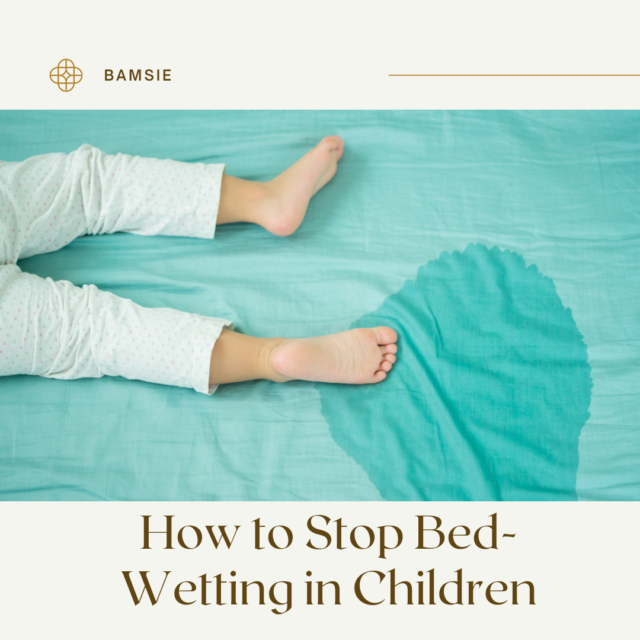One of the best ways to stop bed-wetting in children is to encourage communication. Ask your child if something is bothering them, if they’ve been upsetting lately, if they’ve had a recent life change, and how their body feels. You may also want to offer your child a bath before they go to sleep, to get them used to it. If all else fails, you can always try using a pill or a nasal spray.
A few things you can try to help your child stop wetting the bed are to limit fluids before bed, and to encourage regular bowel movements during the day. Aside from these measures, you can also try placing nightlights in the room to help your child stay dry at night. Lastly, you can cover the mattress with plastic and praise your child for trying. In most cases, your child will stop wetting the bedroom without treatment.
One way to prevent bed-wetting in children is to reinforce that they need to go to the bathroom at least once during the night. Place nightlights near the bathroom so your child knows to go. Use plastic to protect your child’s mattress, and keep him or her dry as much as possible. Most kids will stop wetting the bed without treatment if the cause is not obvious. The main thing is to make your child feel comfortable in the dark, and give him or her a hug for trying.
Besides the above-mentioned steps, your child may also need medication. While it can’t cure your child of bedwetting, medicine can be an option for those who can’t do anything for their child. Some medicines help the bladder hold urine longer and reduce urine production. However, they may also have side effects and should not be used without the supervision of a doctor. If you’re concerned about your child’s health, you should consult a physician or pediatrician.
Aside from taking medications, parents can also take their child’s diet into consideration. Some children may be more prone to bedwetting than others. Keeping a food diary can help you identify what triggers bedwetting in children. Several studies have shown that the foods a child eats can trigger the problem. If the child is not comfortable with the food, it might be a sign of kidney or bladder problems.
During the night, try to encourage your child to use the bathroom. If your child has a difficult time keeping the bed dry, keep an eye on his or her bladder and monitor his or her daily activity. Even if you have to wake up several times a day, you can take your child to a pediatrician, who can recommend medication. If your child continues to wet the sheets, he or she may need surgery.










